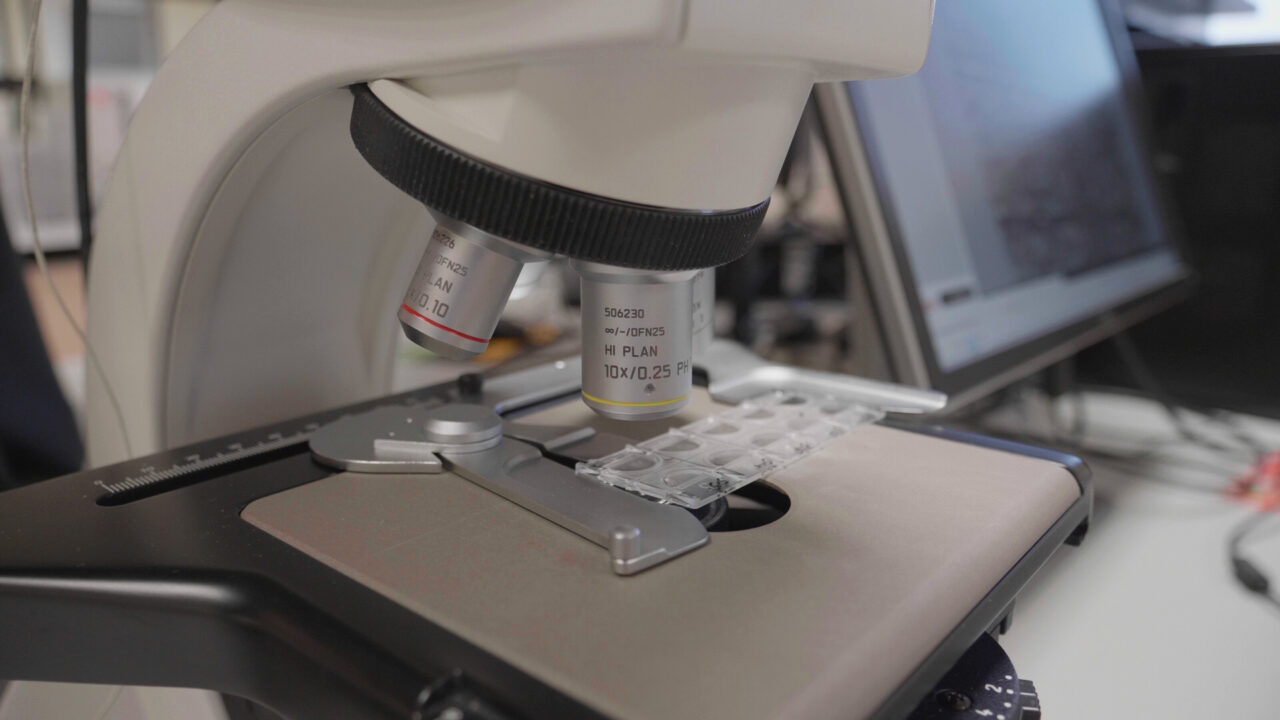In an open letter to European member states, 22 organisations representing agricultural and food businesses and organisations across the EU have reiterated concern over the European Court of Justice (ECJ) ruling, which means products resulting from mutagenesis techniques are regulated under the provisions of the GMO directive.
In the letter, dated April 23, the group stated that the ruling is “difficult” to implement and “virtually impossible to enforce”.
The group outlined: “Our goal is to obtain practical and science-based rules for products resulting from the latest mutagenesis methods that foster public confidence and trust.
This would unlock great potential for high-performing, innovative and diversified European bio-based solutions in sectors such as plant and animal breeding, agriculture, animal feed, food, healthcare and energy, thereby contributing to Europe’s resilience to climate change, and to benefits for consumers, patients and the environment.
The text continued: “The introduction of targeted genetic variation in crops and other organisms can help to achieve important sustainable development goals.”
It also described how the techniques can “contribute to a cleaner environment, to healthy diets, and the protection of biodiversity”.
Cost
Concern was expressed over the cost and length of the EU approvals process for the products resulting from targeted mutagenesis.
These factors, combined with potential national cultivation opt-outs, under Directive 2001/18, the organisations said: “[These] will effectively deprive European farmers and consumers from the benefits of these products.
Furthermore, the ruling is hindering the delivery to the market of innovative bio-based products and sustainable industrial, agricultural and healthcare solutions that involve gene-edited microorganisms.
“Some of the EUs most innovative sectors will effectively be cut off from scientific progress and be put at a competitive disadvantage compared to a rapidly growing group of countries with more enabling regulations.”
‘Virtually impossible to enforce’
The letter outlined difficulties which may arise from implementing the ruling as it says that many gene-edited crops may be “indistinguishable” from products changed by natural processes.
“The ruling is also difficult to implement and virtually impossible to enforce, given that many gene-edited products may be indistinguishable from products changed by natural processes or with conventional breeding techniques.”
1. For non-unique DNA alterations affecting one, or a few, DNA base pairs an applicant may not be able to develop an event-specific method;
2. Plant products obtained by genome editing may enter the market undetected. The group stated that if a suspicious product with an unknown or non-unique DNA alteration was detected on the EU market, it would be difficult, or even impossible, to provide court-proof evidence that the modified sequence originated from genome editing.
The group called for scientists, stakeholders and EU trade partners to work together and to “reflect and welcome technical progress and align it with legislation in other parts of the world”.
We are committed to engaging with policy makers, stakeholders and all interested parties to work for a constructive, targeted change.
‘Provide innovation-friendly rules’
In closing, the letter stated: “Products should not be subject to Directive 2001/18 requirements and related regulations if they could also have been obtained through conventional methods or result from spontaneous processes in nature.
We wish to emphasize that this position is also increasingly adopted as a principal regulatory approach in a growing number of countries around the world.
“It should also create legal certainty for EU operators by avoiding that member states adopt individual national rules for products resulting from conventional, random mutagenesis.
It will furthermore prevent that two otherwise indistinguishable products or organisms are regulated in two different ways, which would open the door to unfair competition with imports from non-EU countries.
“We therefore call upon member states and the EU Commission to initiate a legislative change that provides innovation-friendly rules,” the letter concluded.
Who does the letter represent?
The letter represents 22 organisations, including the European Food Manufacturers’ Federation (FEFAC), of which the Irish Grain and Feed Association is a member.
- Association of Manufacturers and Formulators of Enzyme Products;
- The European Chemical Industry Council;
- European Association of Sugar Manufacturers;
- CEMA – European Agricultural Machinery;
- International Confederation of European Beet Growers;
- European Association of Cereals, Rice, Feedstuffs, Oil Seeds, Olive Oil, Oils and Fats and Agro-supply Trade;
- European Forum of Farm Animal Breeders;
- European Crop Protection Association;
- European Flour Milling Association;
- European Food and Feed Cultures Association;
- European Landowners’ Organization;
- European Potato Trade Association;
- European Vegetable Protein Association;
- European Seed Association;
- The European Association for Bioindustries;
- European Feed Manufacturers’ Federation;
- EU Association of Specialty Feed Ingredients and their Mixtures;
- Federation of European Rice Millers;
- EU Vegetable Oil and Protein Meal Industry Association;
- FoodDrinkEurope;
- Starch Europe;
- International Flower Trade Association.
